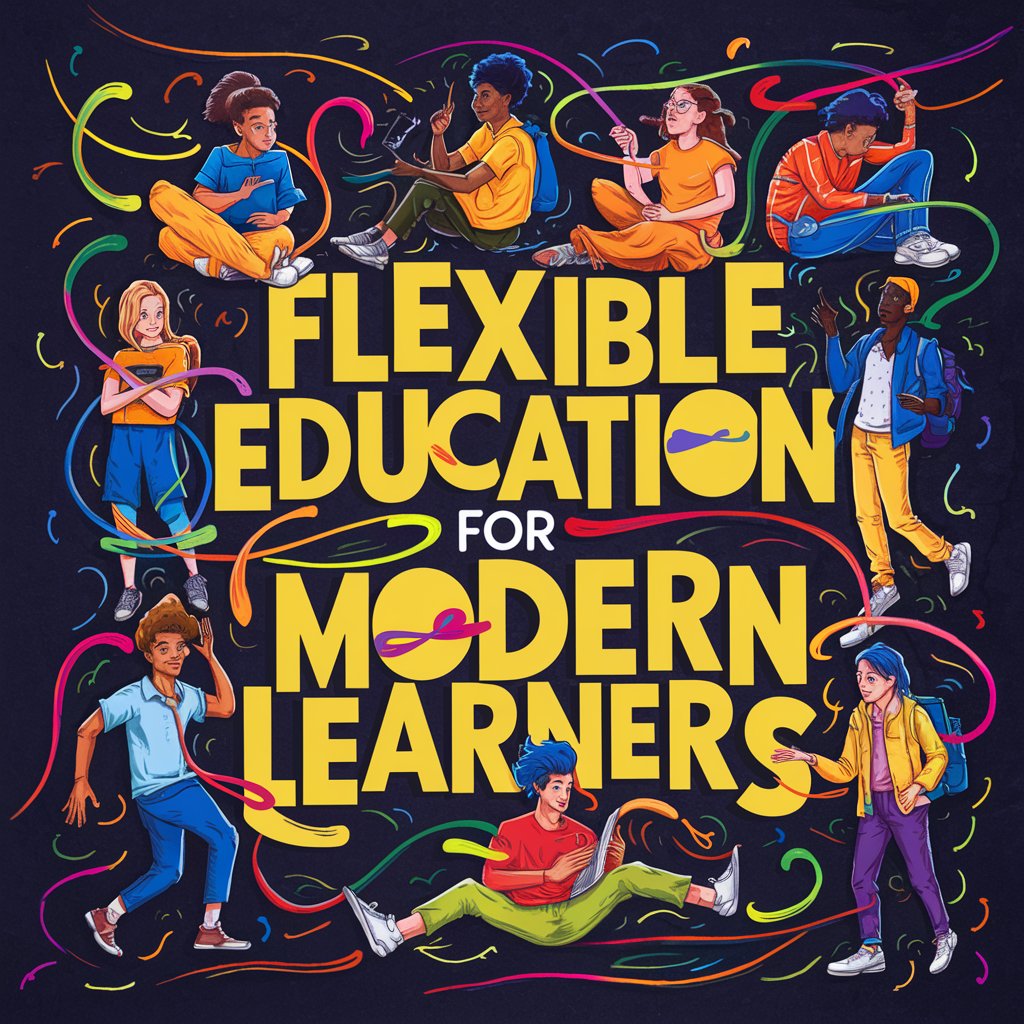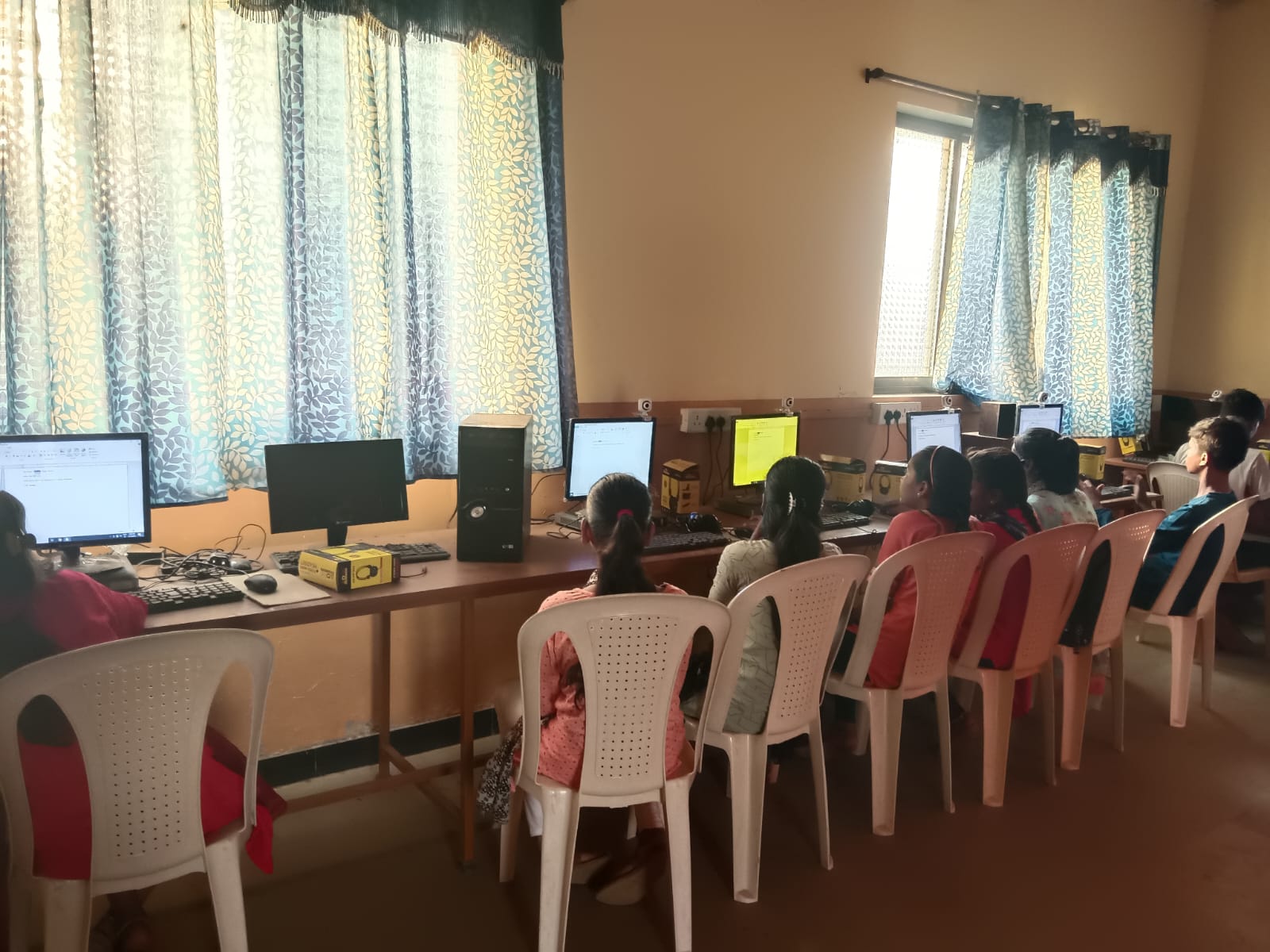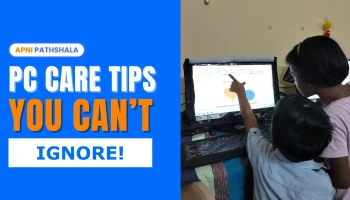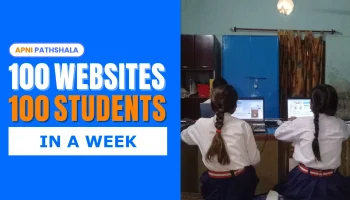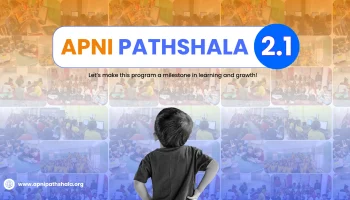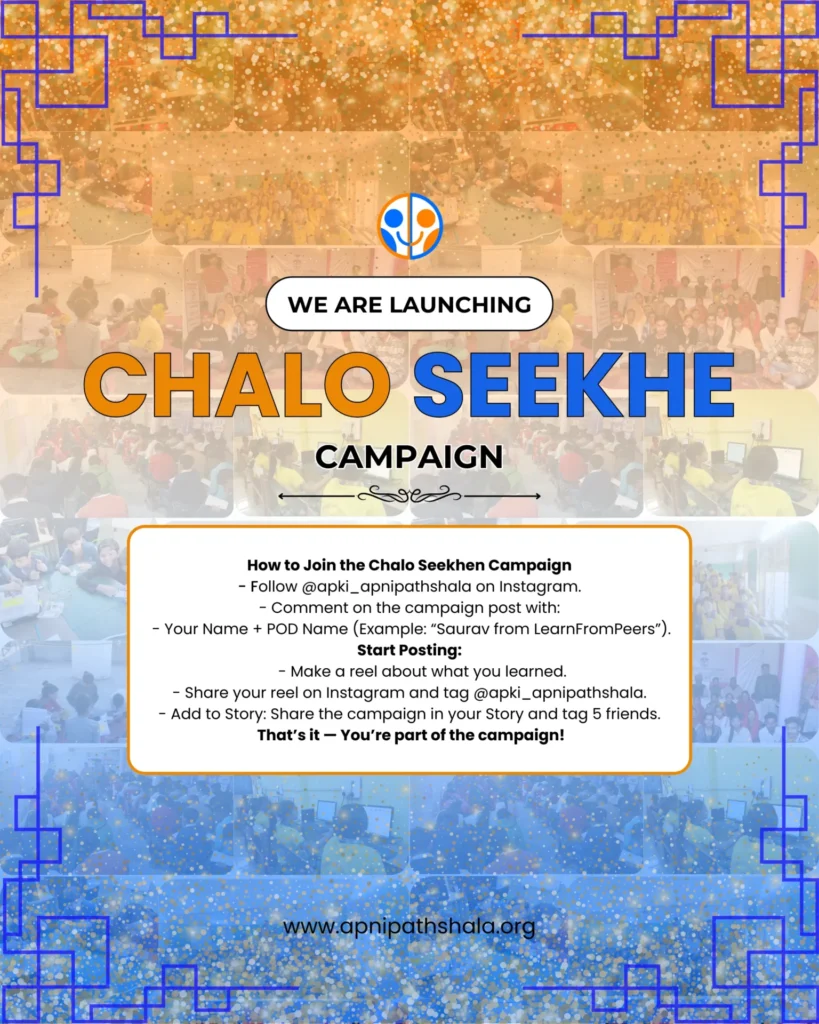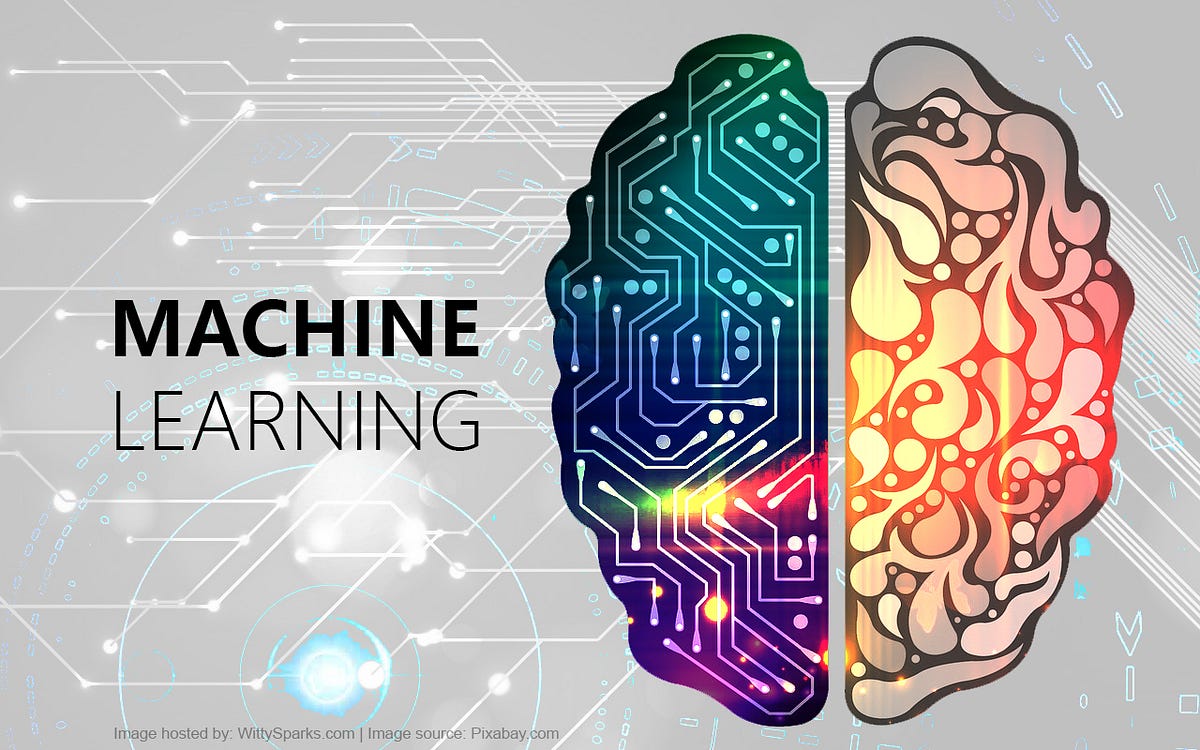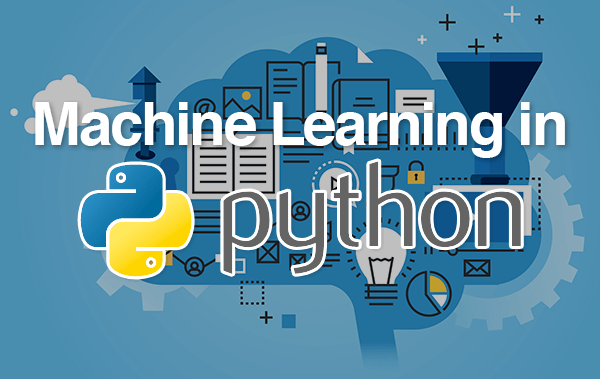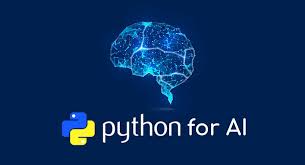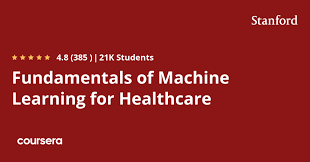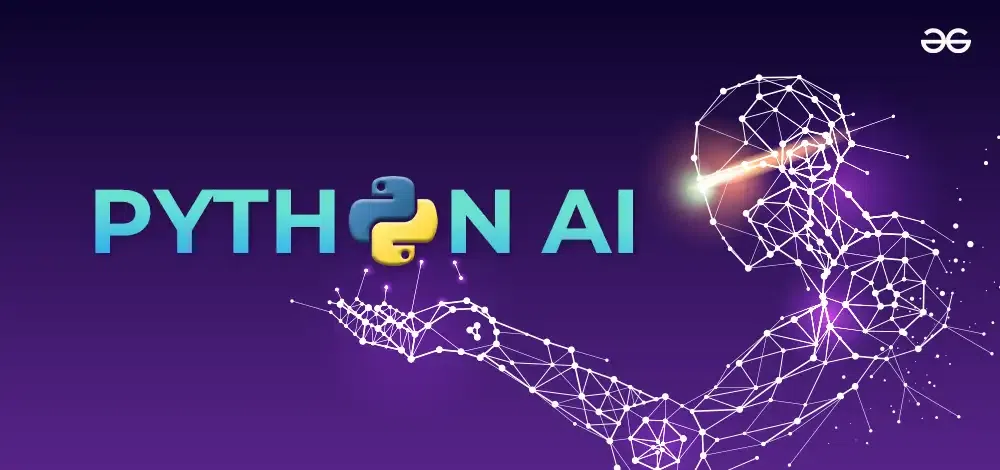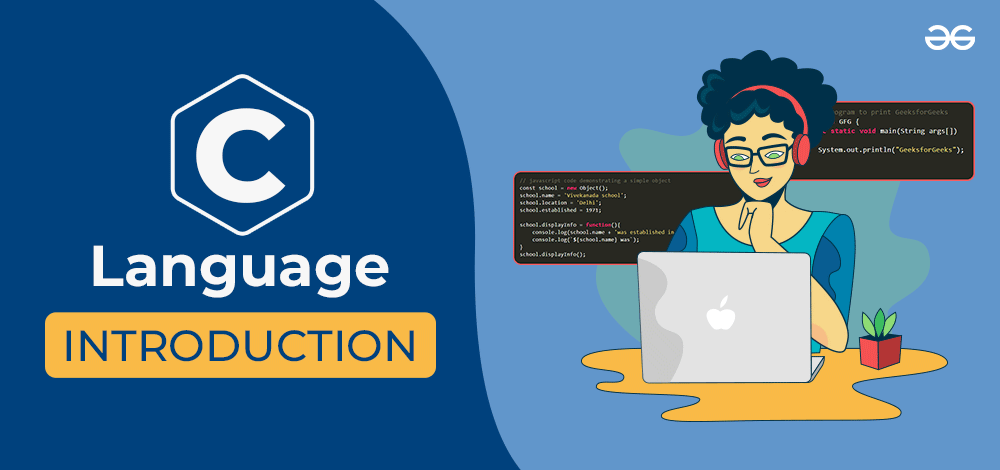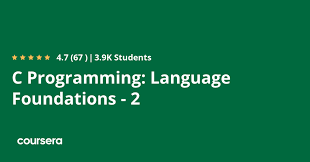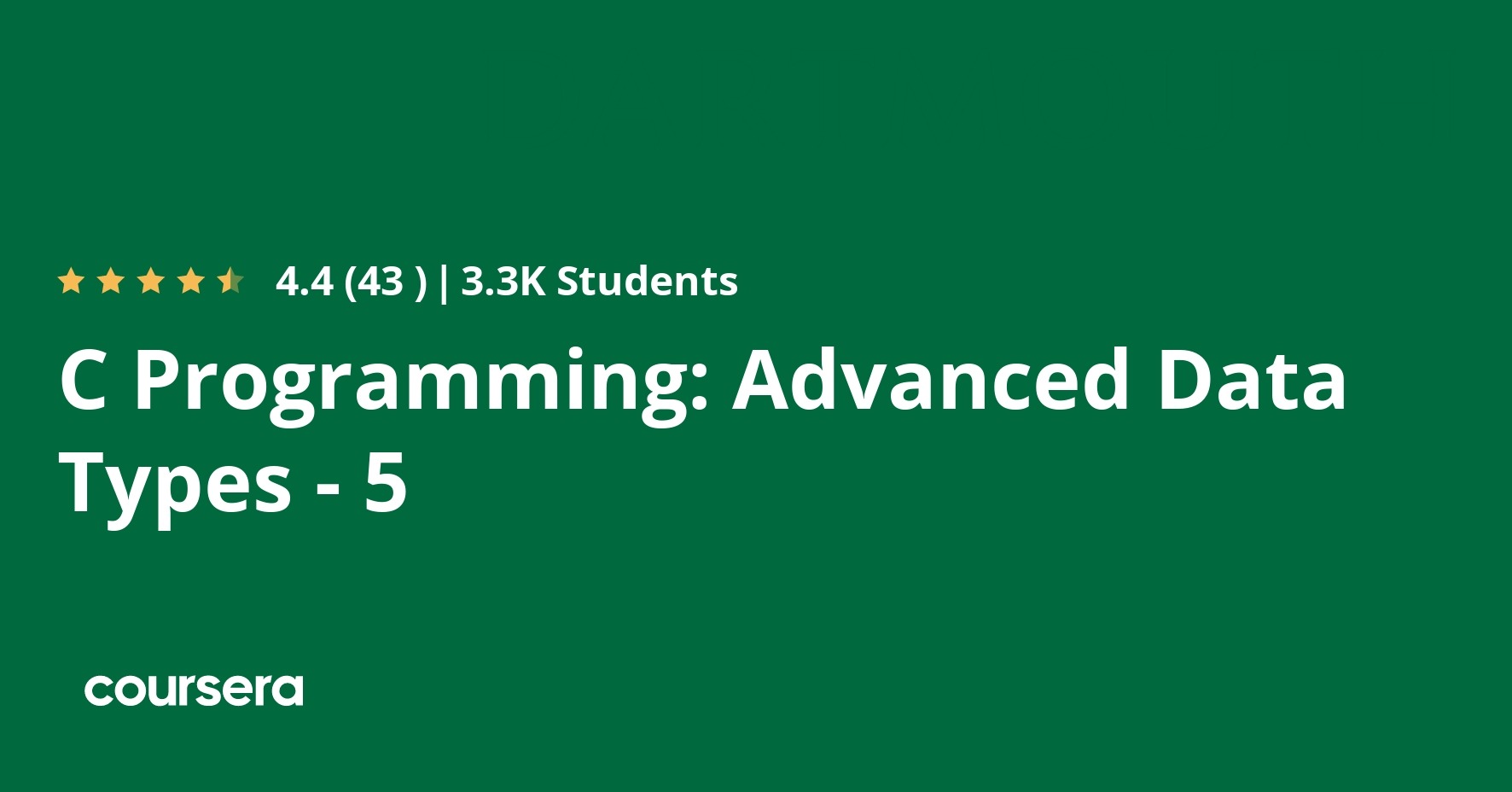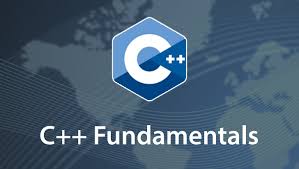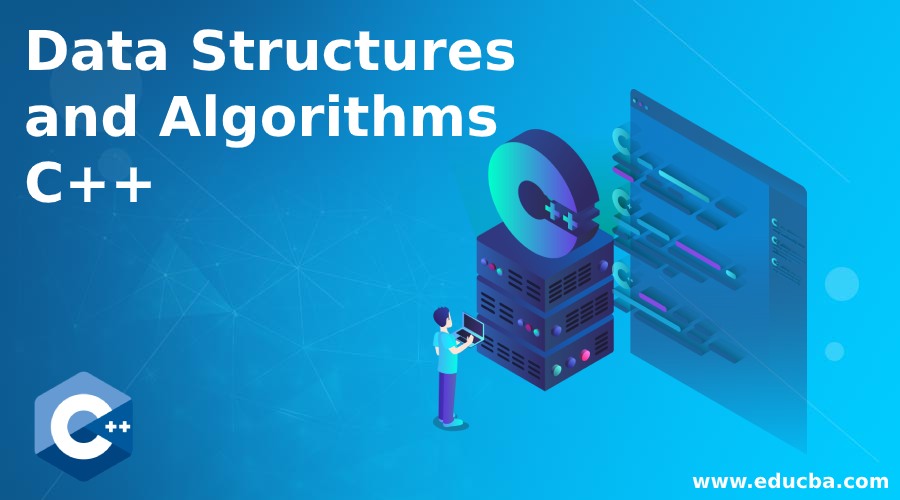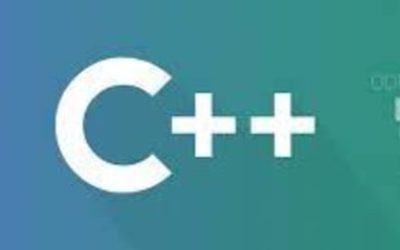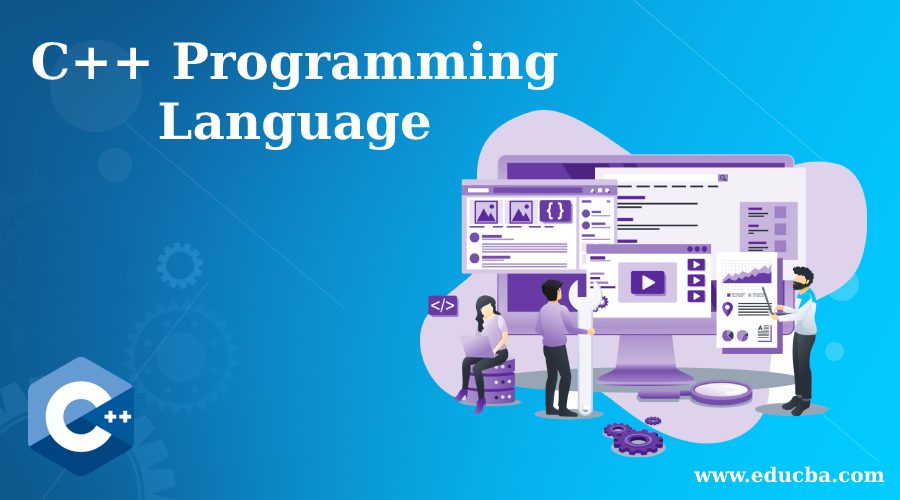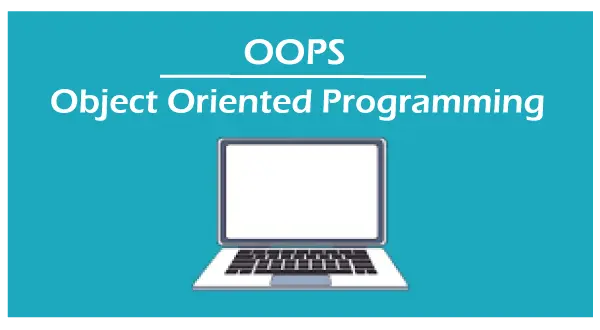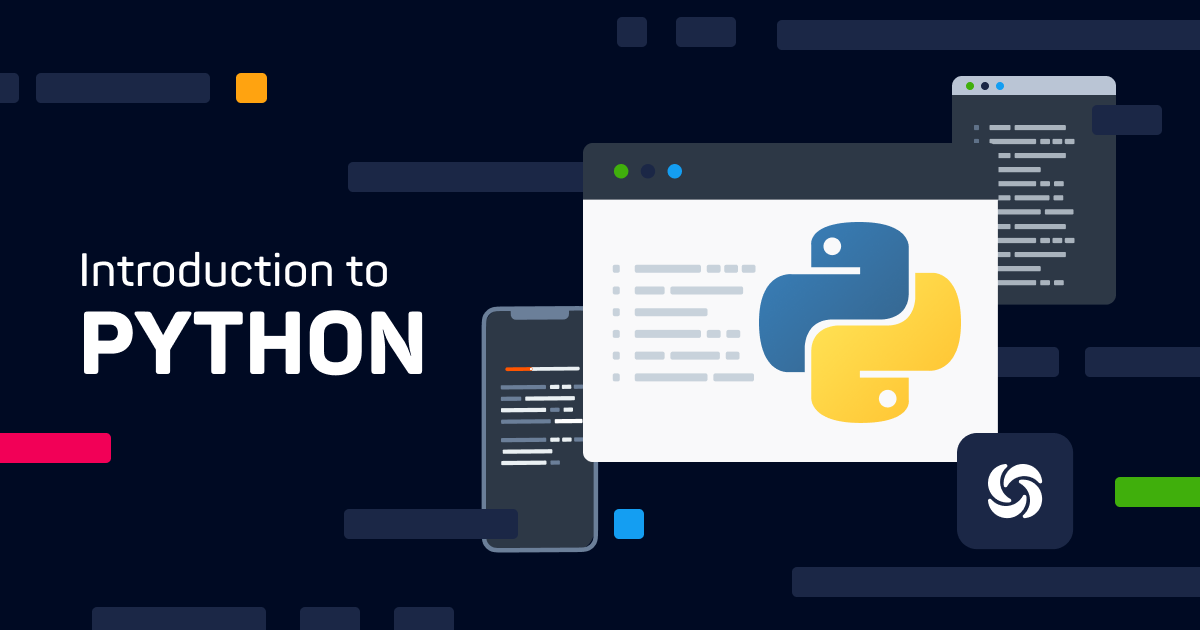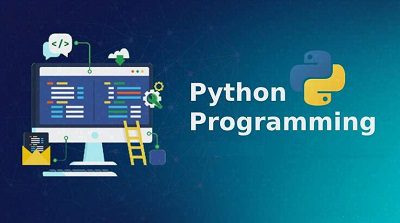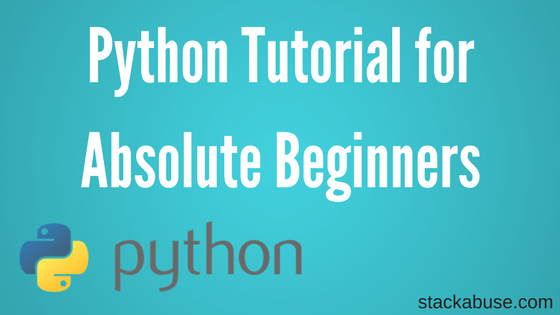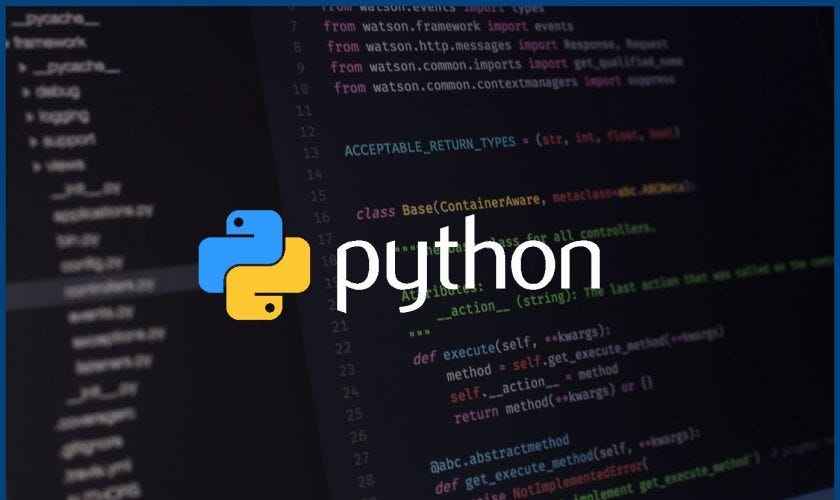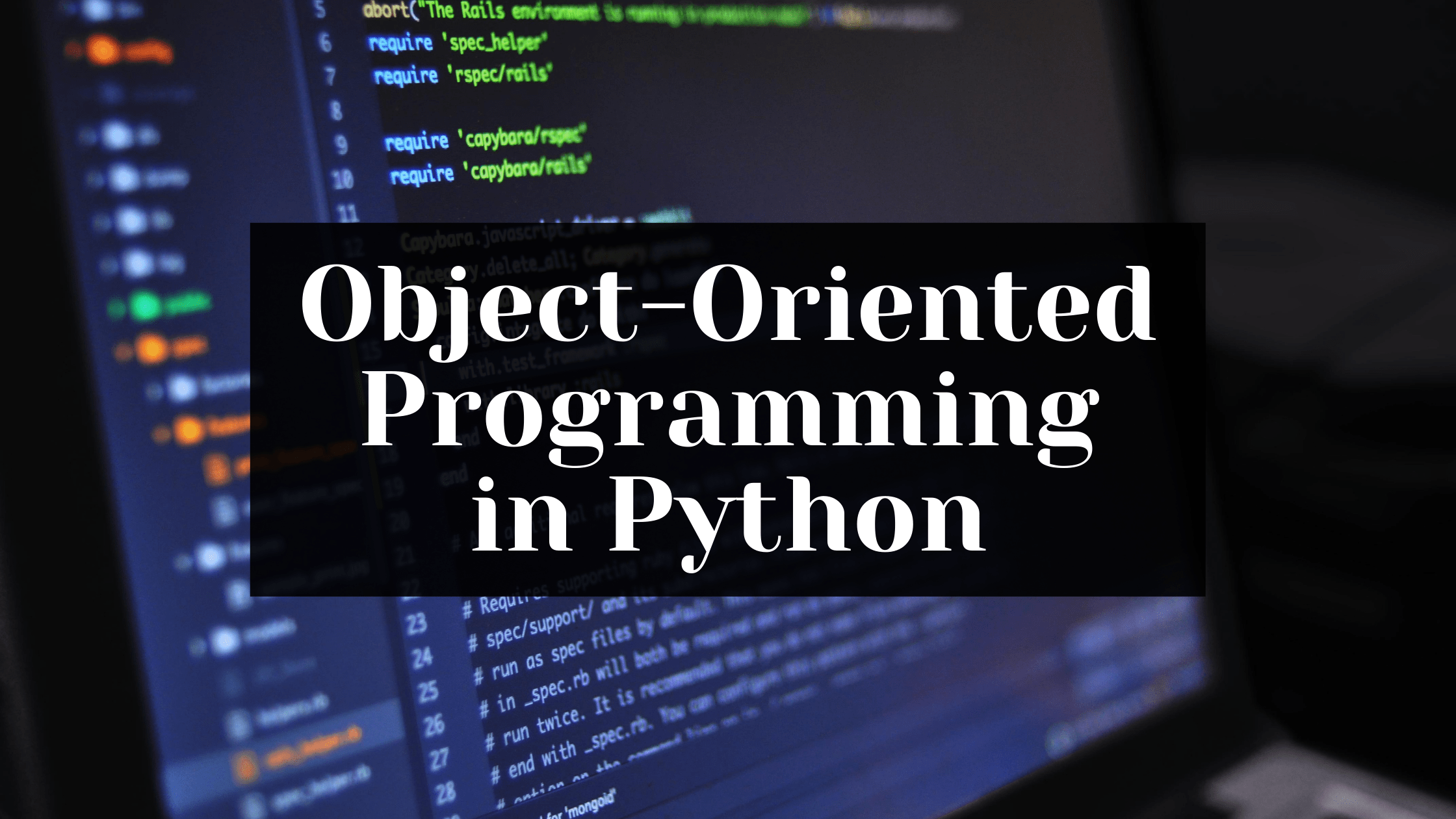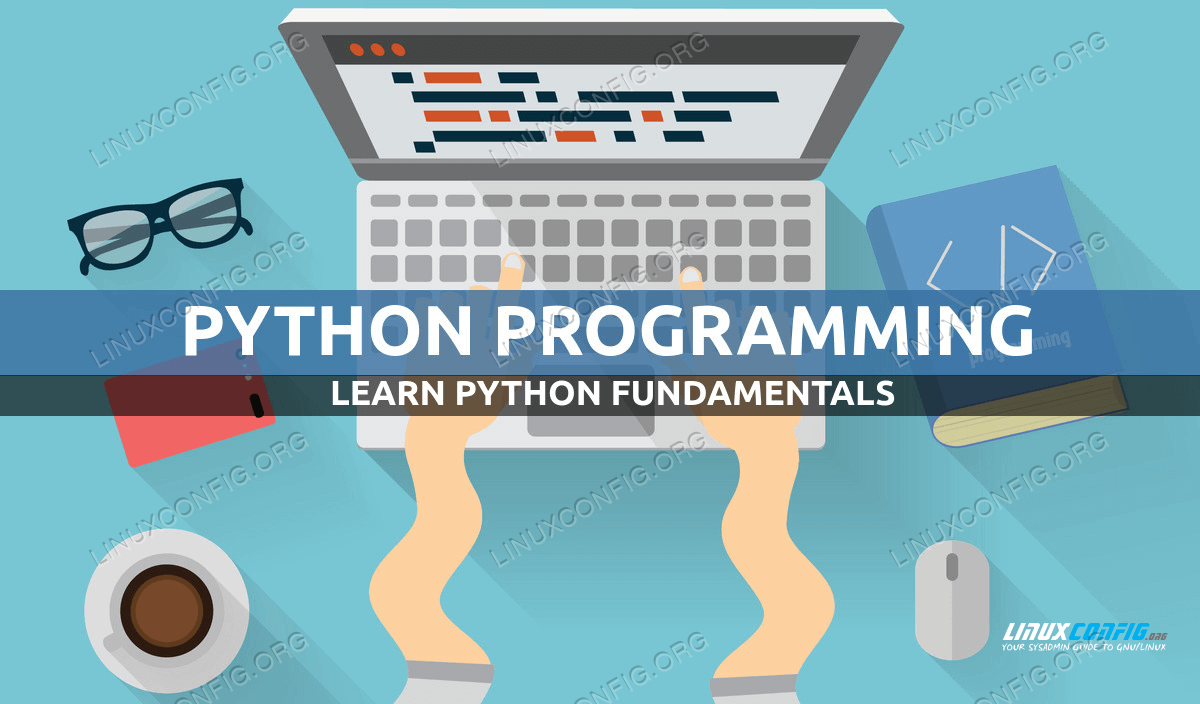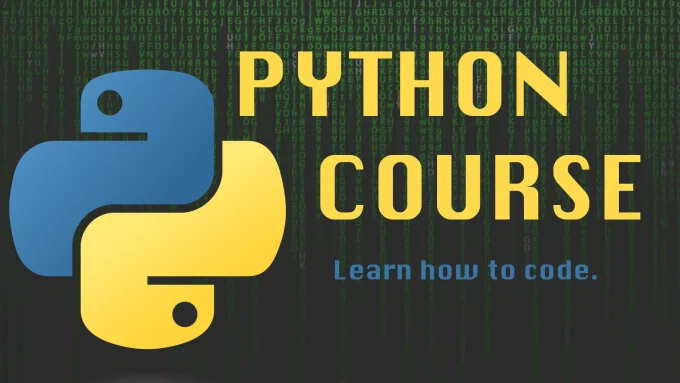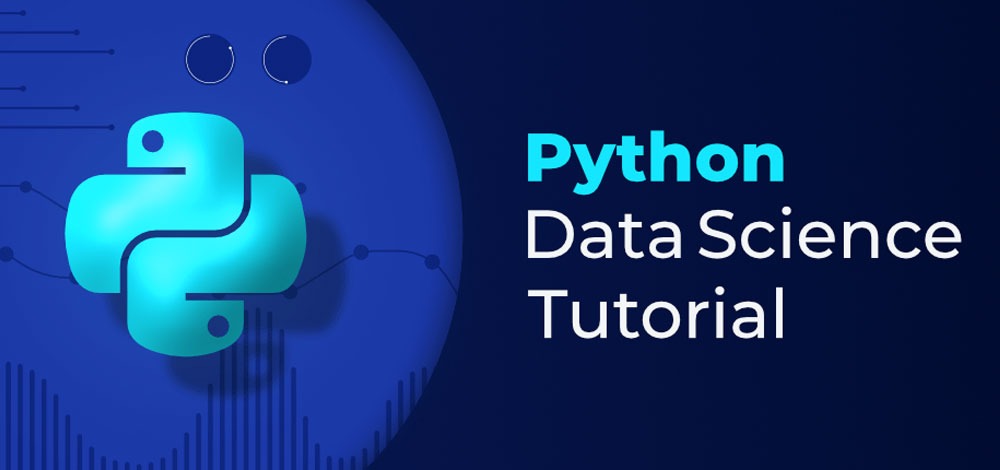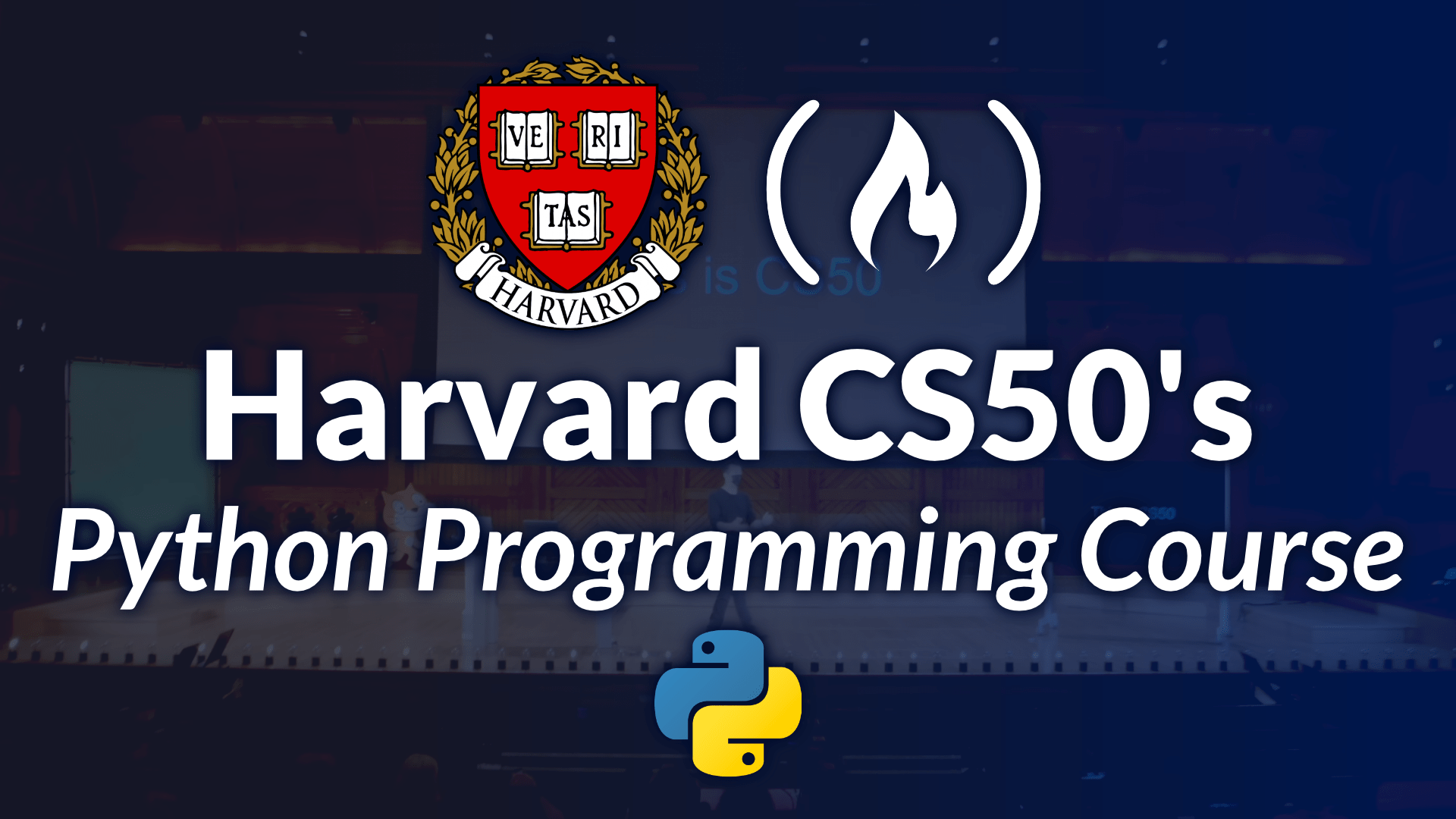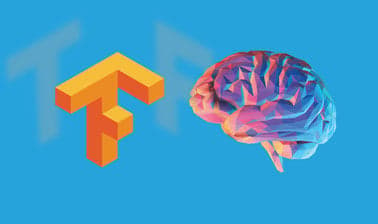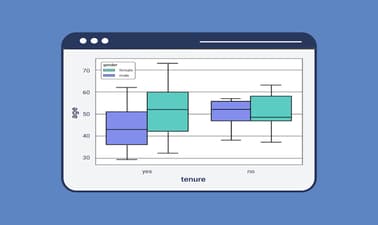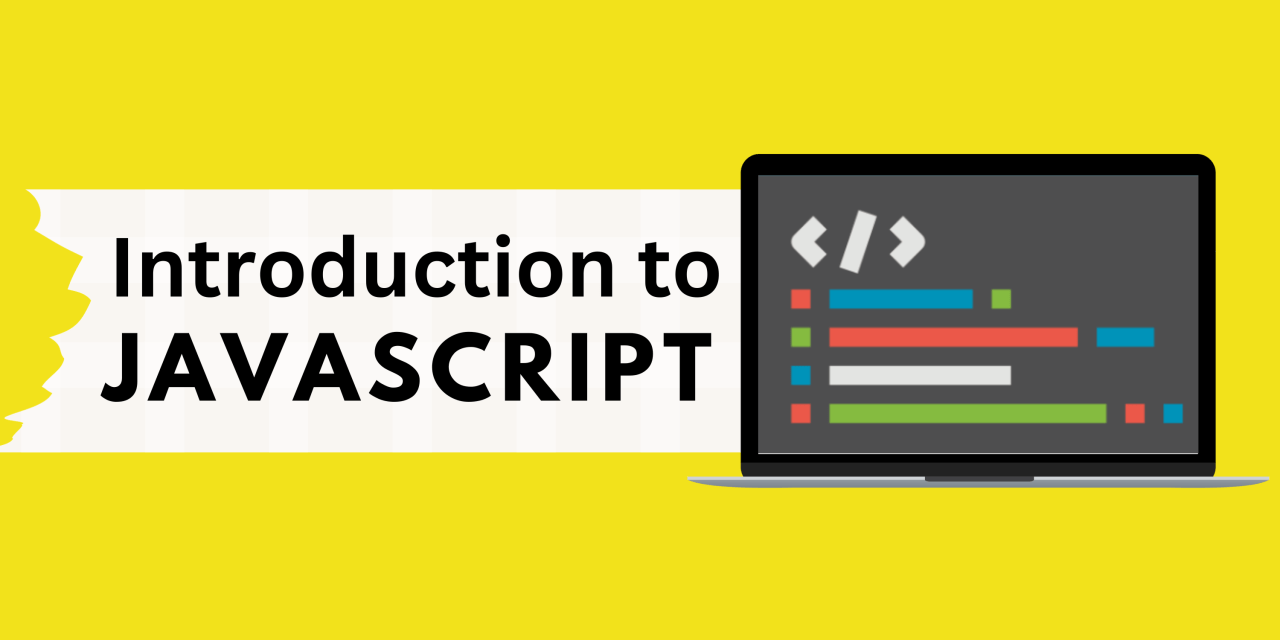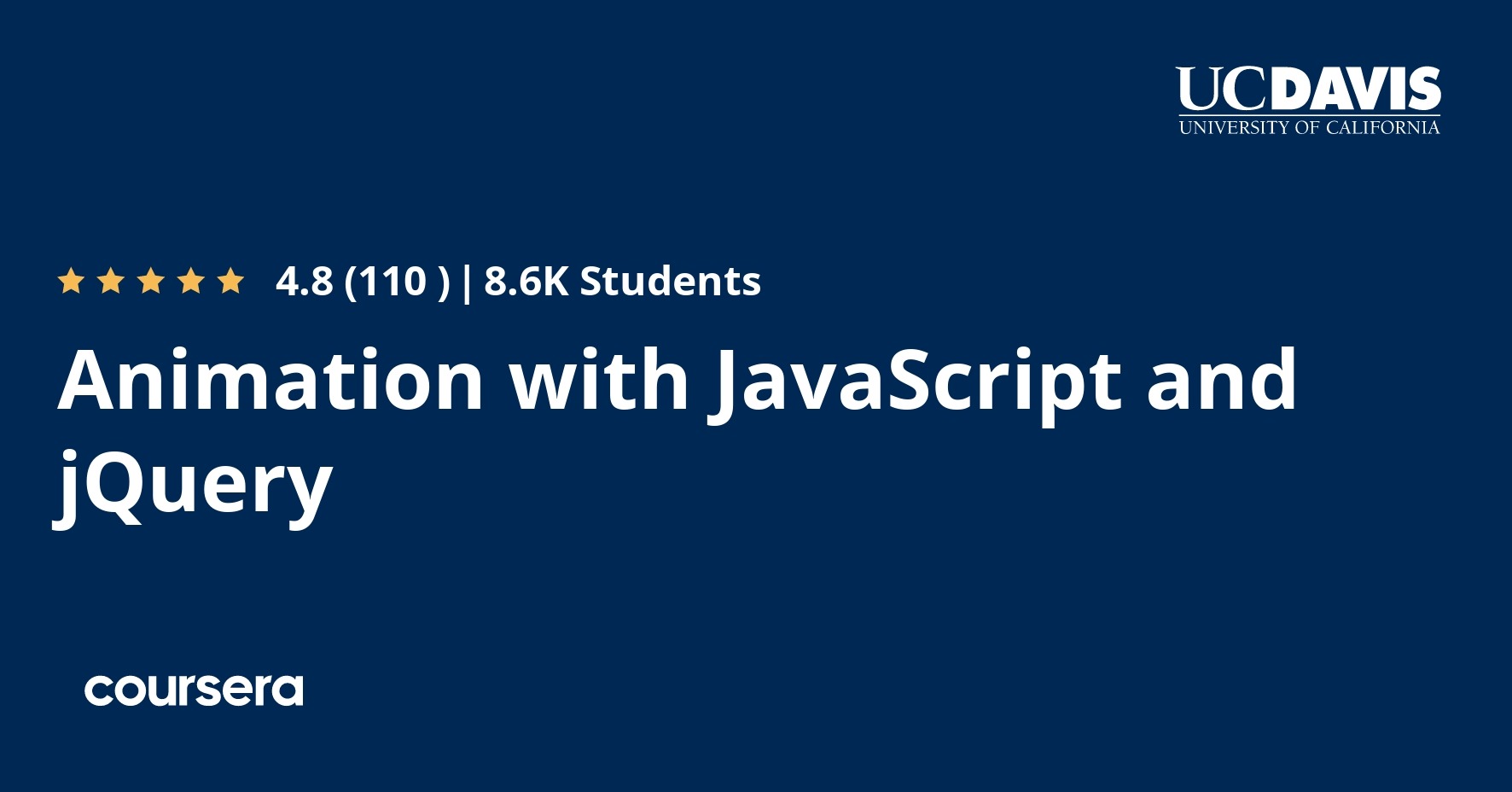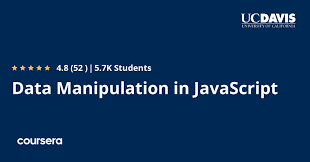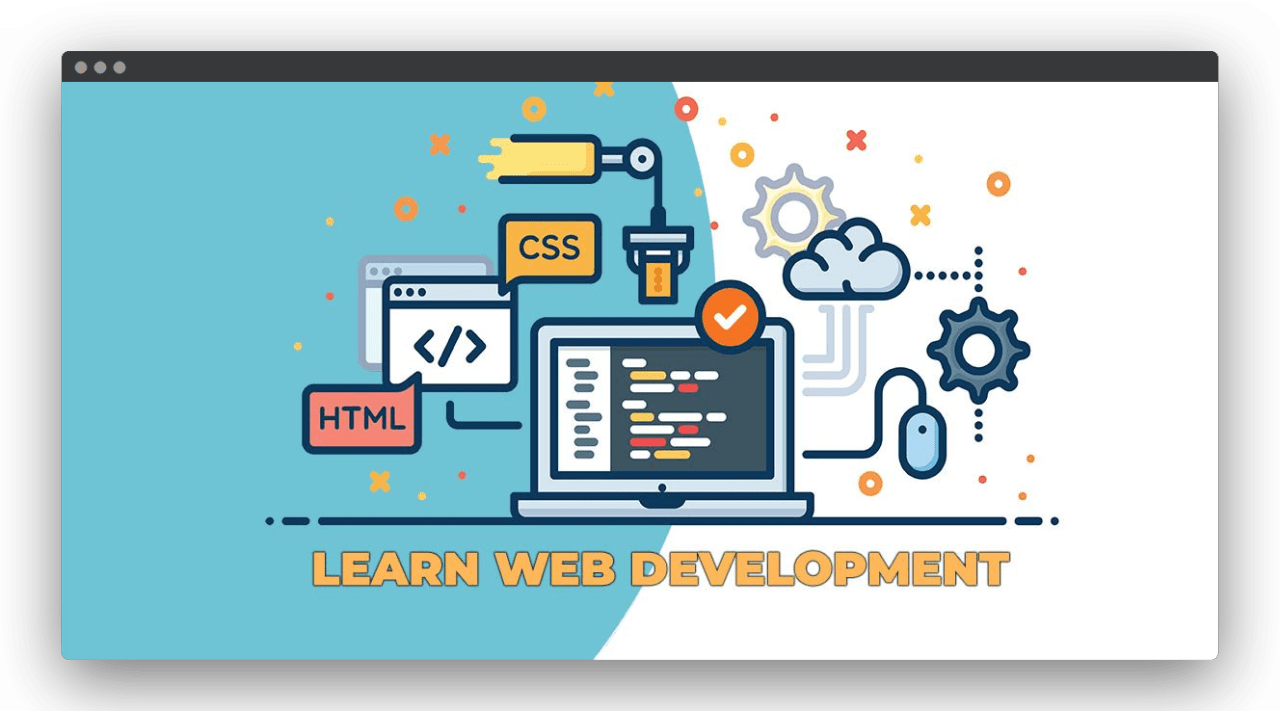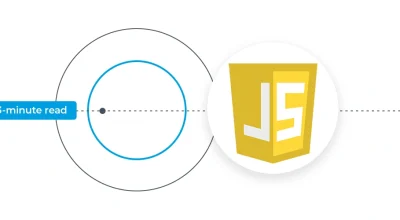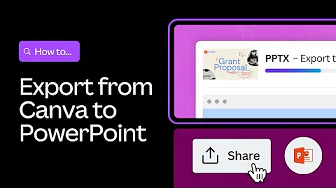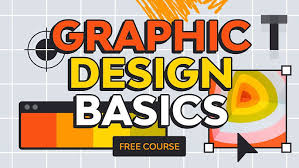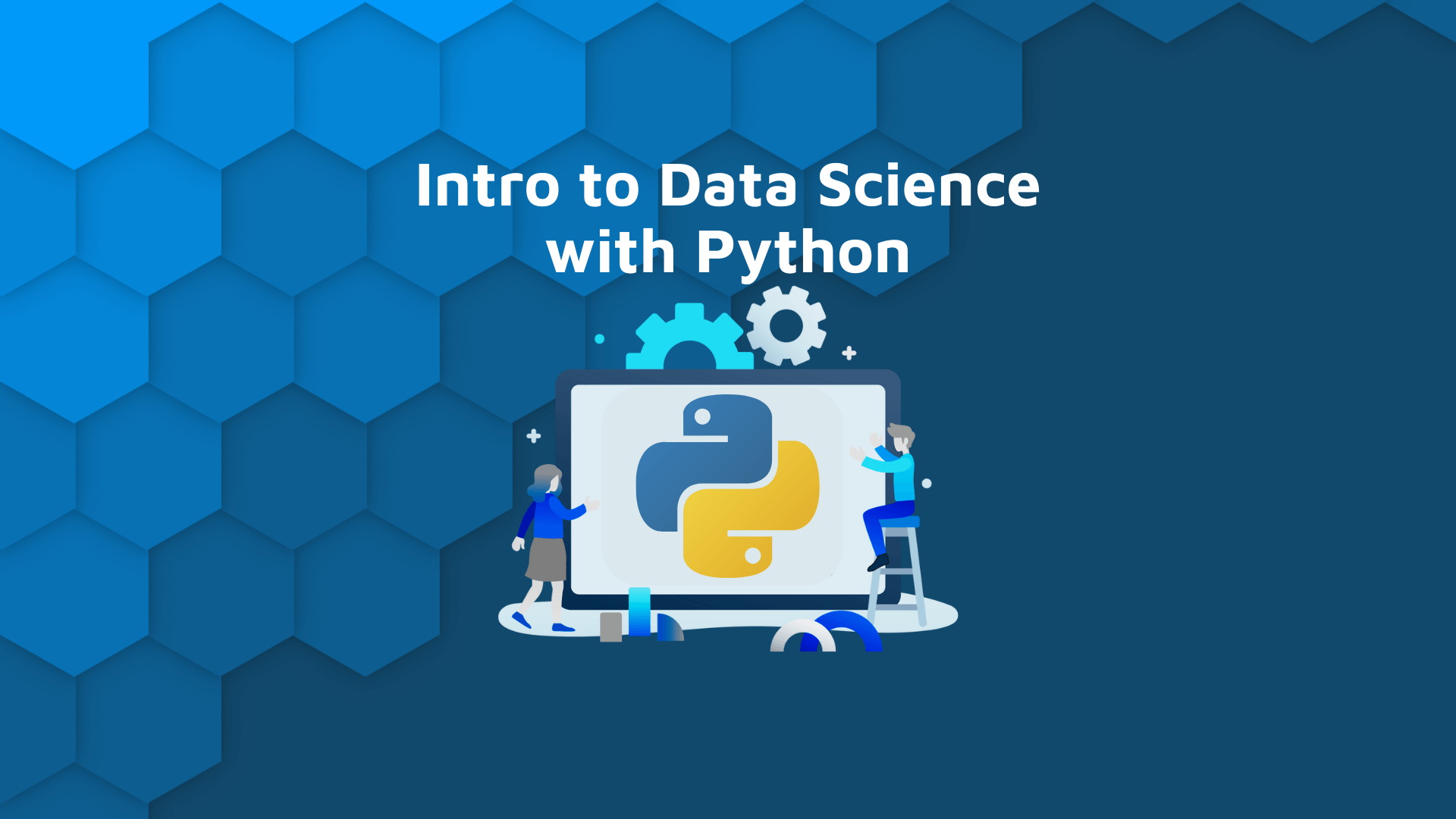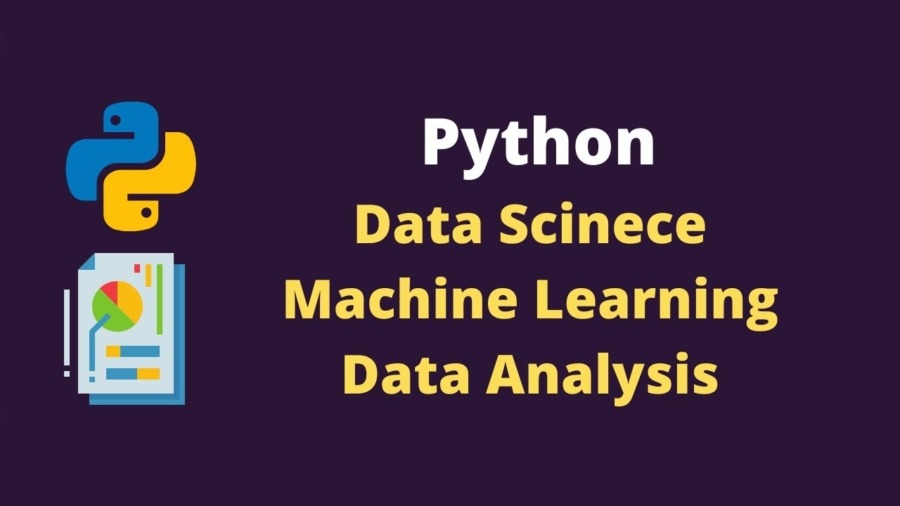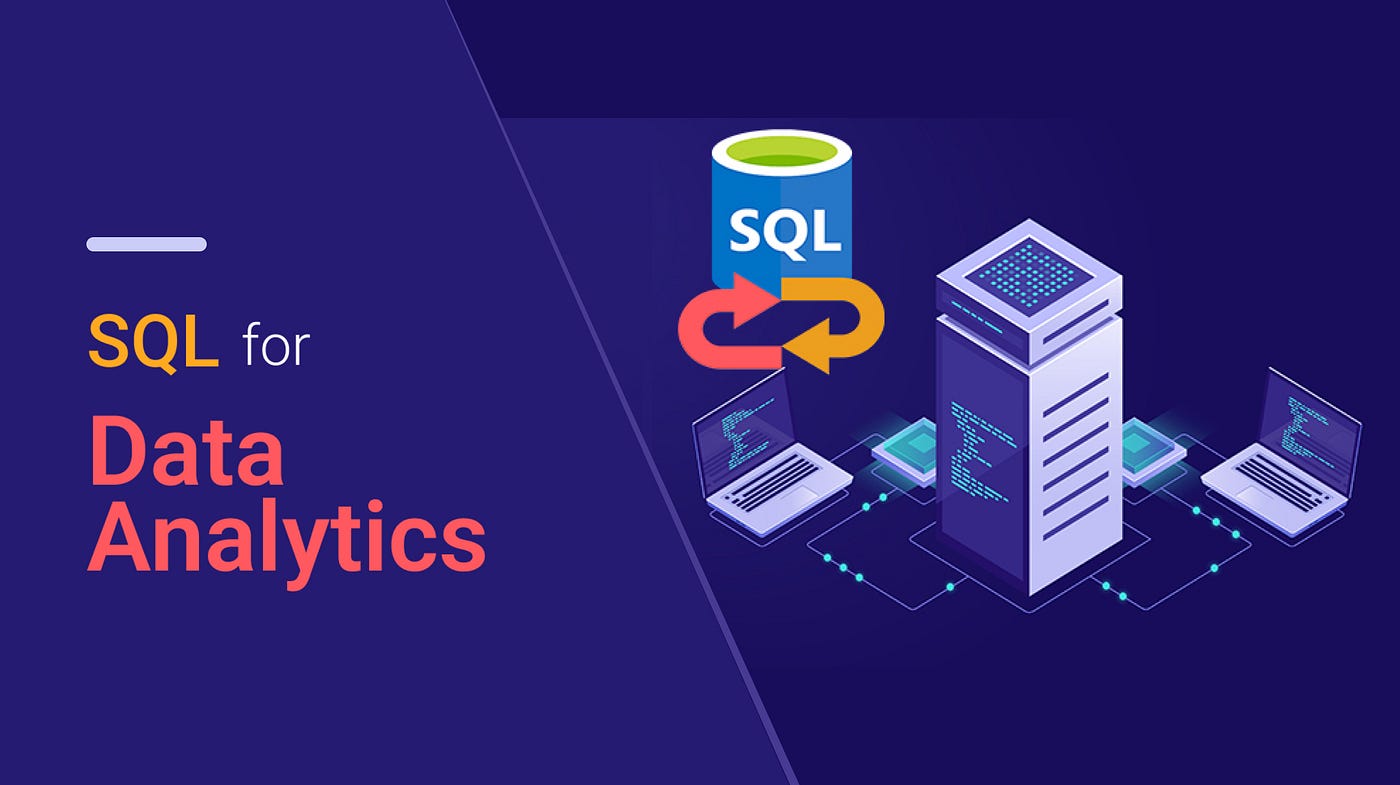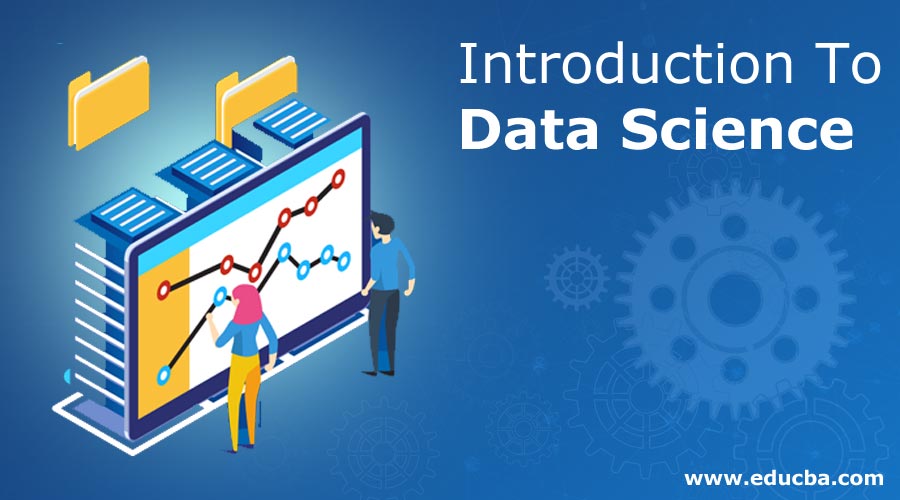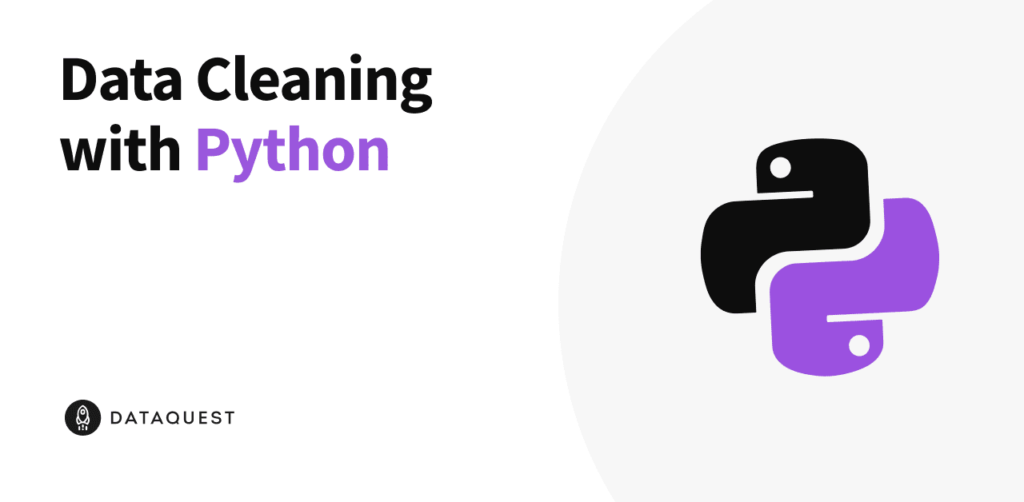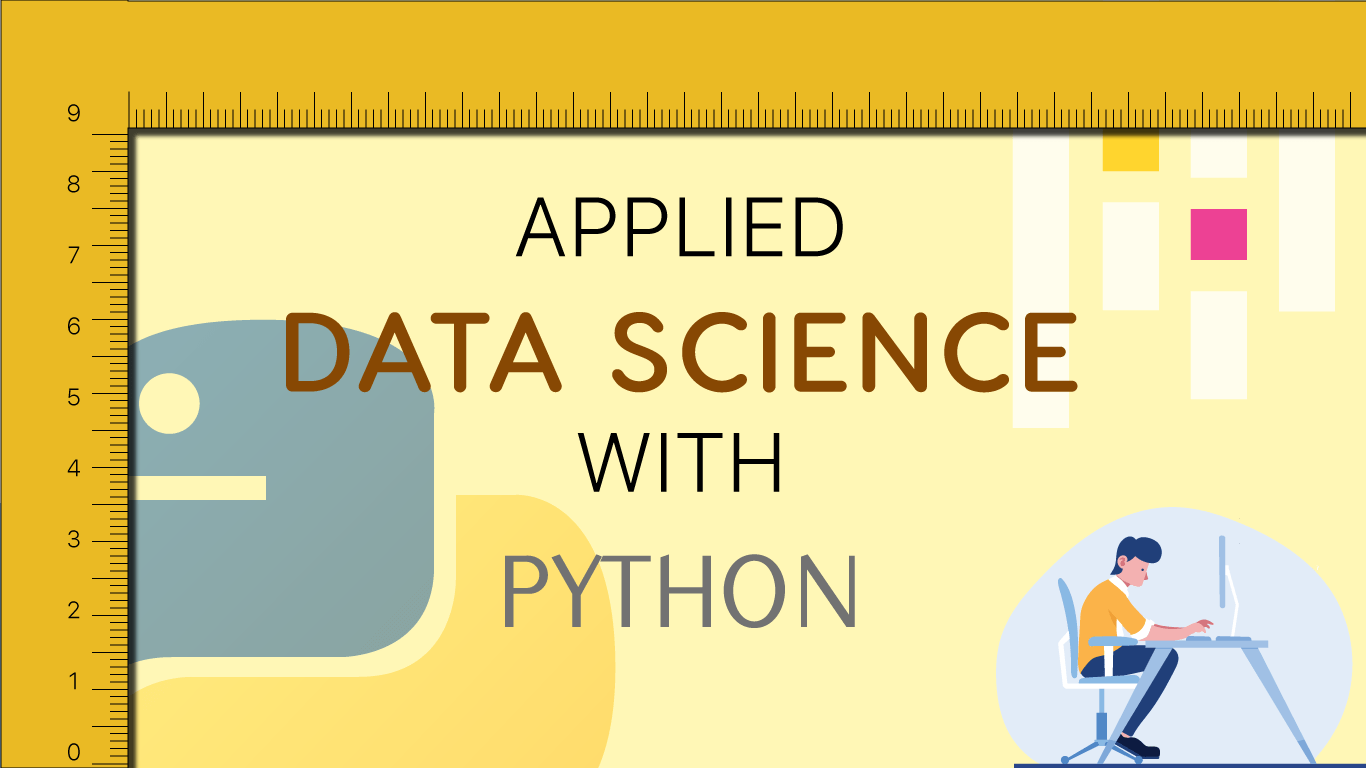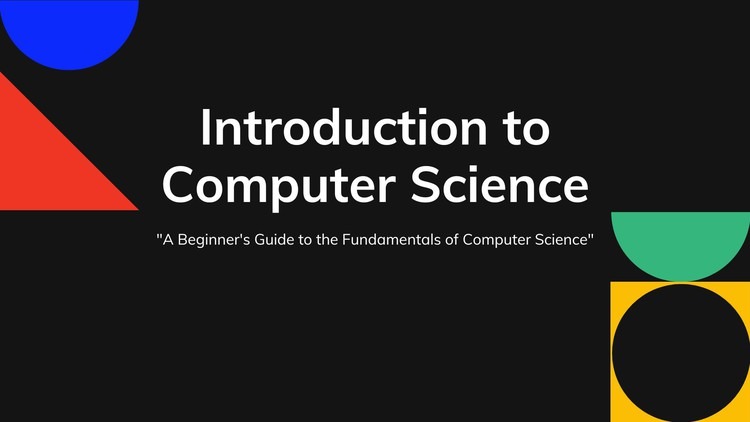Apni Pathshala
Flexible Education for Modern Learners: Adapting to Every Need
The way we learn is changing. Gone are the days of one-size-fits-all classrooms and rigid schedules. Today’s learners are a diverse bunch, juggling work, family, and personal commitments alongside their educational aspirations.
Why Flexible Education Matters
The traditional education system often fails to account for the diverse needs of modern learners. Busy schedules, learning styles, and even geographical location can create barriers to traditional classroom settings. Flexible education dismantles these barriers by offering a variety of learning options:
- Online Learning: E-learning platforms and online courses provide a convenient way to access educational content from anywhere, anytime. Whether you’re a working professional squeezing in studies during your lunch break or a student living in a remote area, online learning removes geographical limitations.
- Blended Learning: This approach combines traditional classroom instruction with online resources and activities. It allows for a more balanced learning experience, catering to both auditory learners who thrive in classroom settings and visual learners who benefit from self-paced online modules.
- Self-Paced Learning: Flexible education empowers students to learn at their own pace. This is particularly beneficial for students with different learning styles or those juggling other commitments.
- Asynchronous Learning: This allows students to access learning materials and complete assignments on their own schedule, without the need to be present for live lectures or classes.
Makersbox Foundation
Benefits of Flexible Education
The advantages of flexible education extend far beyond just convenience. Here’s how it empowers modern learners:
- Increased Accessibility: Flexible education opens doors for those who might not have access to traditional education, such as working professionals, stay-at-home parents, or students in remote locations.
- Personalized Learning: Students can tailor their learning experience to their individual needs and interests. This allows them to focus on areas they need improvement in and delve deeper into topics they find particularly fascinating.
- Improved Time Management: Flexible learning gives students control over their learning schedules, allowing them to balance their studies with work, family, and personal commitments.
- Enhanced Engagement: The diverse learning methods offered by flexible education can cater to different learning styles, making the learning process more engaging and interactive.
- Lifelong Learning Skills: Flexible education fosters self-directed learning skills, which are crucial for lifelong learning and adapting to a changing world.
Yusuf Meherally Centre
Examples of Flexible Education in Action
Flexible education isn’t a futuristic concept; it’s a reality being embraced by institutions worldwide. Here are a few examples:
- Massive Open Online Courses (MOOCs): Platforms like Coursera and EdX offer a wide range of free and paid online courses from leading universities and institutions around the globe.
- Micro-credentials: These bite-sized learning modules focus on specific skills and are ideal for busy professionals looking to upskill or reskill quickly.
- Flipped Classrooms: This approach flips the traditional classroom model. Students learn foundational concepts through online lectures or videos before coming to class, where they engage in interactive activities and discussions with the instructor.
Swami Vivekananda Medical Mission
Flexible Education: It’s Not Just Technology
While technology plays a significant role in facilitating flexible learning, it’s important to remember that it’s not just about online platforms and apps. Flexible education can also be implemented within traditional classroom settings. Here are some ways educators can incorporate flexibility:
- Offer differentiated instruction: Cater to different learning styles by providing a variety of learning materials and activities.
- Embrace project-based learning: Encourage students to work collaboratively on projects that require them to apply their knowledge and skills to real-world problems.
- Provide asynchronous learning opportunities: Allow students to access course materials and complete assignments outside of class time.
- Encourage self-paced learning: Offer options for students to learn at their own pace, whether it’s completing assignments early or taking additional time to master a concept.
LIFI
Empowering the Future of Learning
Flexible education isn’t a fad; it’s the future of learning. By offering a variety of learning methods and catering to individual needs, flexible education empowers modern learners to take control of their educational journey. This fosters a generation of lifelong learners who are adaptable, engaged, and prepared to thrive in an ever-changing world.
Shri Sant Ganeshnath Maharaj Vidyalaya
F.A.Q
1. Is flexible education less effective than traditional education?
Not necessarily. Flexible education offers a variety of learning methods that can cater to different learning styles. This can lead to a more effective learning experience for many students. Additionally, the ability to learn at their own pace and manage their schedules often leads to increased student engagement.
2. Is flexible education right for everyone?
Flexible education offers a wide range of learning options, making it suitable for many learners. However, it requires a high level of self-motivation and time management skills. Students who thrive in structured environments with direct instructor interaction might find it challenging to adapt to a fully asynchronous learning format.
3. What are the challenges of flexible education?
One of the main challenges of flexible education is maintaining student engagement. It requires a strong focus on self-directed learning, which can be difficult for some students. Additionally, access to technology and reliable internet connectivity can be a barrier for some learners.
4. How can I ensure success in a flexible learning environment?
Here are some tips for success in a flexible learning environment:
- Develop strong time management skills: Create a schedule that allows you to dedicate time to your studies and stick to it.
- Establish a dedicated learning space: Having a designated area for studying can help you minimize distractions and maintain focus.
- Stay organized: Utilize tools like calendars, planners, and to-do lists to keep track of deadlines and assignments.
- Be proactive: Don’t hesitate to reach out to instructors or classmates for help or clarification when needed.
- Stay motivated: Set clear goals for yourself and celebrate your achievements along the way.

